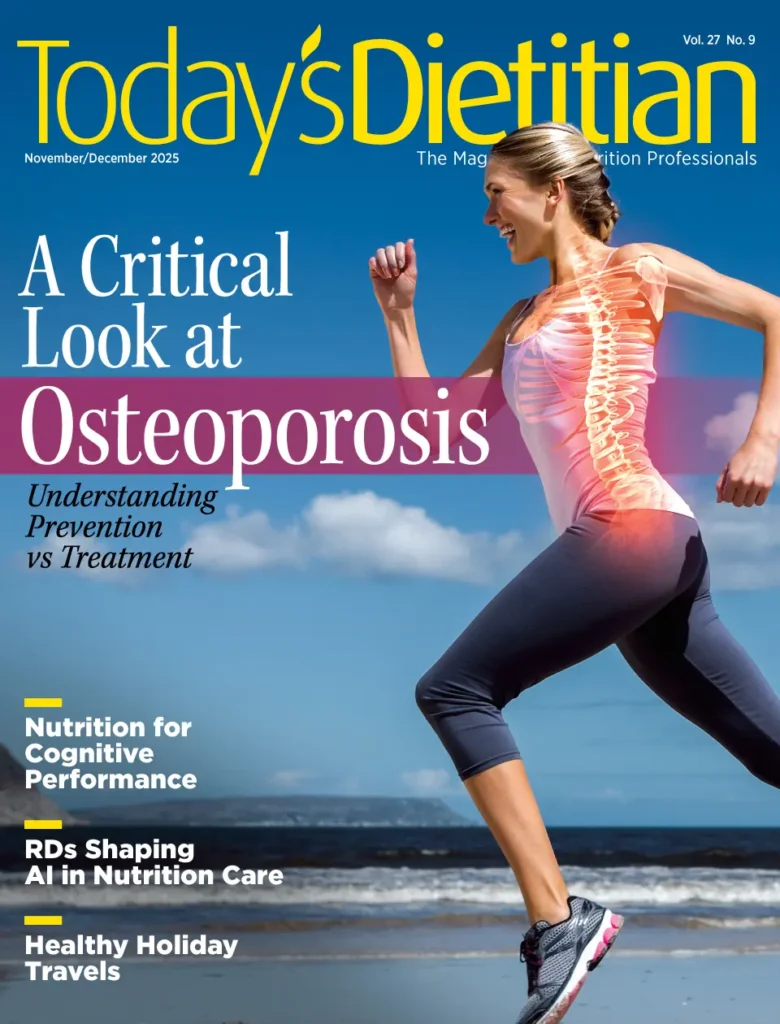A study shows that diabetes patients not taking medication experienced longer hospitalization and recovery, with the greatest toll among Latinx populations.
In June, the American Diabetes Association (ADA) kicked off its virtual 81st Scientific Sessions where it featured five COVID-19 symposia, highlighting cutting-edge science and the latest diabetes developments learned during the initial phases of the pandemic.
This latest research comes at a time when individuals with diabetes and other related underlying health conditions are hospitalized six times more often and are 12 times more likely to die of COVID-19 than those without diabetes. Furthermore, diabetes is the second most reported underlying health condition among COVID-19 patients across the United States.
A new retrospective study presented at the virtual meeting showed that unmanaged diabetes is a key factor in COVID-19 severity and complications, particularly among Hispanic and Latinx populations.
Forty percent of Americans who died of COVID-19 had diabetes, and 1 in 10 people with diabetes hospitalized for COVID-19 die within one week—making diabetes a high-risk comorbidity. When left untreated, diabetes can lead to increased overall health complications. Yet, nearly 1 in 5 Americans with diabetes report that due to the increased financial constraints of the pandemic they had to choose between buying food or buying medications and medical supplies required to manage their diabetes.
The study sought to determine the impact of unmanaged diabetes, or a lack of medication use, on COVID-19 severity and recovery within a predominately Hispanic population (89%)—a population 2.4 times more likely to die of COVID-19 and 50% more likely to have diabetes than white Americans.
The retrospective study was conducted by a multidisciplinary team led by Sudip Bajpeyi, PhD, director of the MiNER laboratory at the University of Texas at El Paso, and was presented by his master’s student Ali Mossayebi. This study used medical records from 369 patients admitted to the University Medical Center in El Paso, Texas, with COVID-19. Patients were categorized based on A1c levels into normoglycemic (N: A1c <5.7%), prediabetes (Pre: A1c 5.7% ≤6.5%), and diabetes mellitus (DM: A1c ≥6.5%) groups. The DM group was further categorized for their self-reported diabetes management with medication at the time of admission.
Findings show patients with unmanaged diabetes had significantly greater severity of COVID-19 based on quick sepsis-related organ failure assessment and length of hospitalization compared with patients who managed diabetes with medication. Moreover, patients with lower blood glucose levels had fewer severe complications and shorter hospital stays.
“Our results highlight the importance of assessing, monitoring, and controlling blood glucose in hospitalized COVID-19 patients from the start, specifically for vulnerable populations already at risk of comorbidities.” Bajpeyi says.
According to Robert Gabbay, MD, PhD, chief scientific and medical officer of the ADA, the last 16 months increased the need for diabetes awareness and care, since diabetes “ranks as one of the leading risk factors for severe complications from COVID-19. “Seeing the devastating impact of the pandemic on people with diabetes, the ADA is emboldened to work even harder to lead the fight against diabetes,” Gabbay says. “Our mission is reinforced by researchers from around the globe committed to closely studying specific impacts and interventions to help people living with diabetes during this COVID-19 era.”
Each symposium highlighted the effect of COVID-19 on diabetes care, with topics ranging from treatment of COVID-19 long-haulers to addressing COVID-19 and health disparities, obesity, telehealth, and mental health among people with diabetes.
(To learn more about COVID-19’s impact on people with diabetes and the importance of vaccines, read “The COVID-19 Vaccine & Diabetes” on page 28 in the August/September 2021 issue of Today’s Dietitian.)
— Source: American Diabetes Association


